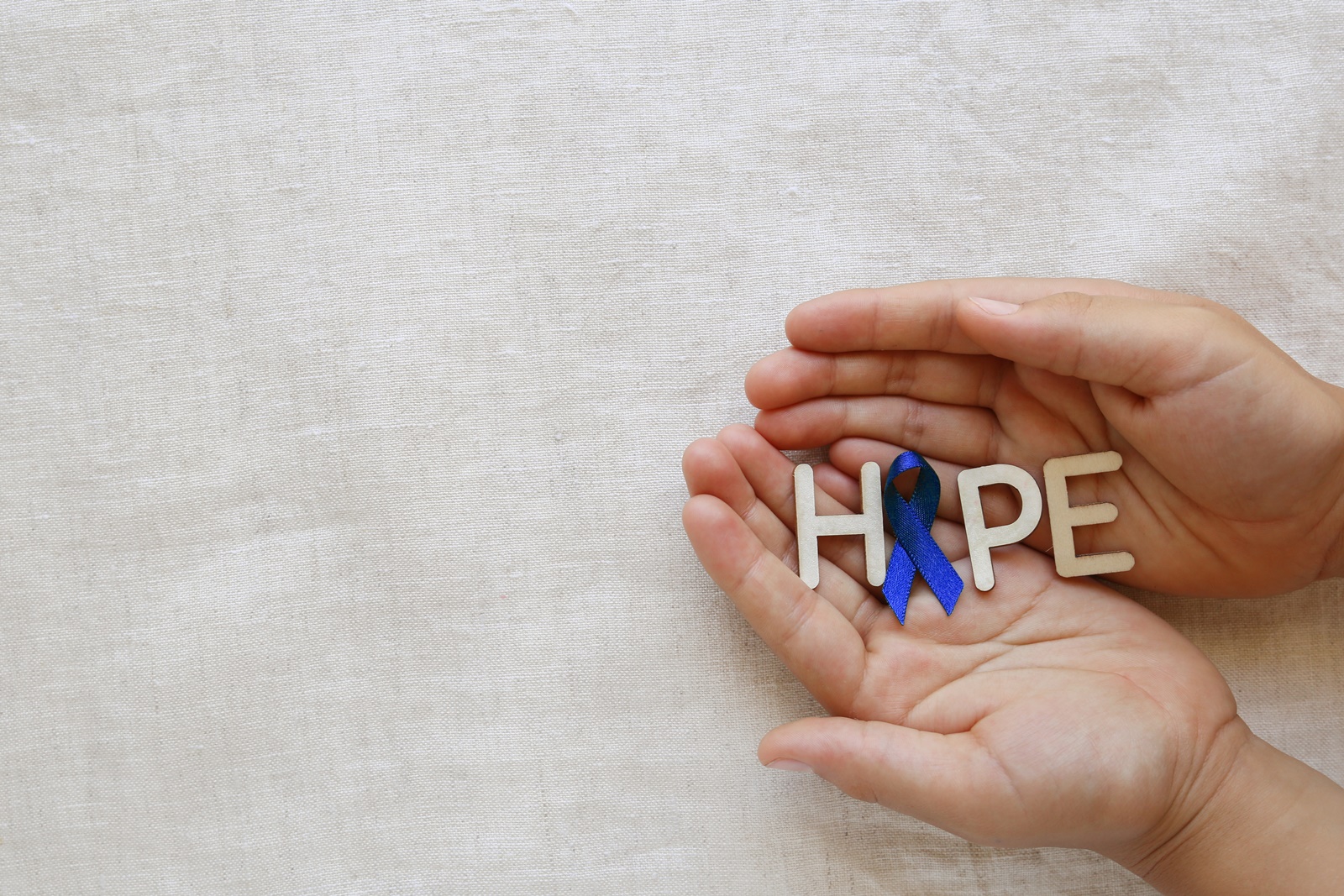What is Chemotherapy?
Chemotherapy (also referred to as “chemo” for short) is a common and effective anticancer treatment that uses medications that stop the growth of cancer cells either by killing the cells or by stopping them from dividing.
How does Chemotherapy Work?
What does Chemotherapy do? Chemotherapy has several goals when administered, these include:
-
Controlling the cancer’s growth
-
Reducing the tumors size
-
Alleviating the symptoms of the cancer
-
Stopping cancer from spreading
-
Killing cancer cells in preparation or response to surgery or another treatment
-
In some cases, possibly curing the cancer

How is Chemotherapy Administered?
Chemotherapy may be administered orally or through I.V. The way chemotherapy is given depends on the stage of the disease. Combination chemotherapy provides treatment using two or more anticancer medications. Chemotherapy can be, and often is, used together with other treatments, such as to destroy remaining cancer cells after another treatment. Chemotherapy is also usually administered in cycles.
Neoadjuvant Chemotherapy
Neoadjuvant chemotherapy is use of chemotherapy and is given before surgery or radiotherapy. Neoadjuvant chemotherapy refers to medications used before those procedures to reduce the size of the tumor and allow for previously inoperable tumors to become operable for treatment.
Are there Side Effects to Chemotherapy?
Side effects of chemotherapy depend on the medication given. The common side effects are nausea and hair loss. More serious side effects may occur, however everybody has different reactions to chemotherapy treatment and one person may experience side effects another does not.


